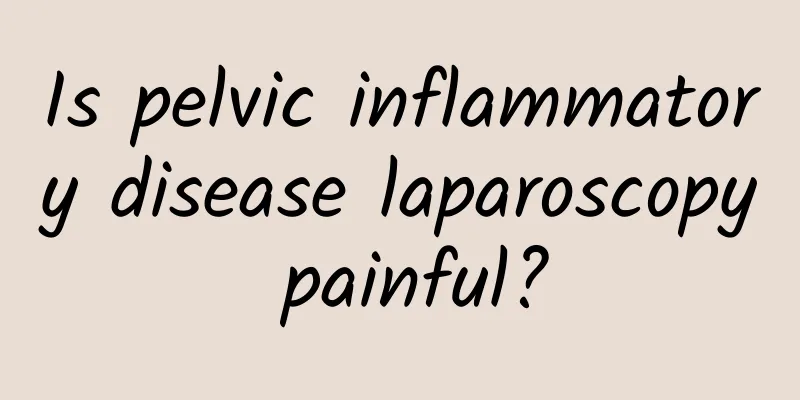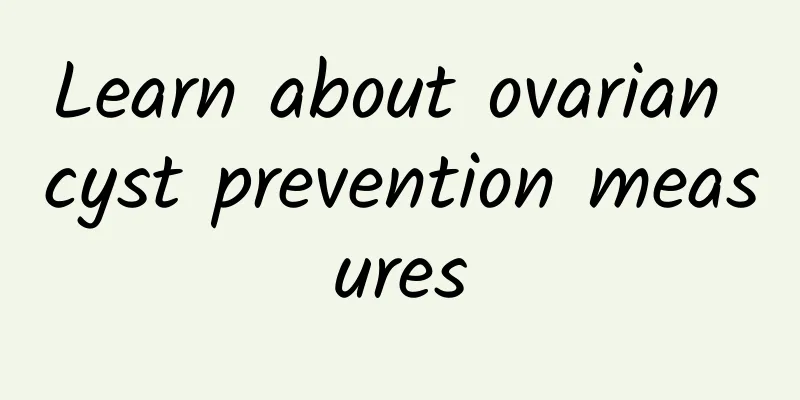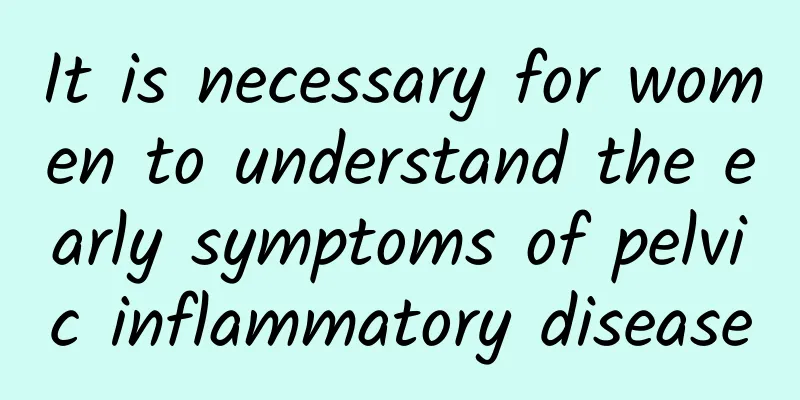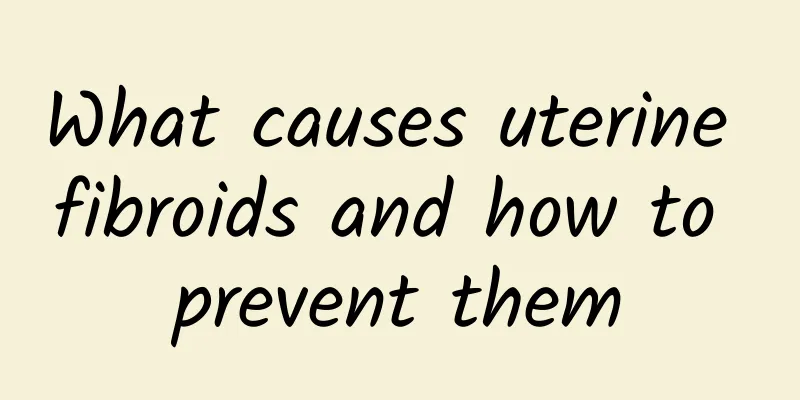Is pelvic inflammatory disease laparoscopy painful?

|
Laparoscopy for pelvic inflammatory disease usually causes mild to moderate discomfort, but in most cases it does not cause severe pain because the examination is usually done under general anesthesia. In order to reduce pain and postoperative discomfort, appropriate care and relief measures can be taken, such as taking medication as prescribed by the doctor, resting after surgery, and paying attention to personal hygiene. 1) Laparoscopic operation process and pain source Laparoscopy is a common minimally invasive procedure used to diagnose or treat pelvic inflammatory disease. This procedure is usually performed by the doctor making several small cuts in the abdomen and inserting instruments for observation and operation. Since the surgery is done under general anesthesia, the procedure itself is not painful. After the operation, the patient may experience abdominal distension and discomfort due to gas injection into the abdominal cavity, or mild incision pain due to tissue trauma. These pains are generally tolerable and greatly relieved within 1-2 days after the operation. 2) How to reduce pain and discomfort after surgery - Take medication as directed by your doctor: After surgery, your doctor may prescribe nonsteroidal anti-inflammatory analgesics (such as ibuprofen) and antibiotics to prevent infection and relieve pain. When taking medication, you must strictly follow the dosage recommended by your doctor and do not increase or decrease the dosage at will. - Reasonable posture and activities: Avoid strenuous activities after surgery. It is recommended to rest in bed to relieve pain. However, long-term bed rest may aggravate abdominal distension. You can try to get out of bed and move around 24 hours after surgery to promote the discharge of gas in the body and relieve abdominal distension. - Heat and relaxation: If you feel bloating or slight discomfort in your abdomen, you can use a hot water bottle to heat your abdomen to relieve pain by improving local blood circulation. At the same time, relaxing and taking deep breaths can help relieve tension and discomfort. 3) Postoperative diet and hygiene management The postoperative diet is recommended to be light, such as rice porridge, chicken soup and other easily digestible foods, and avoid greasy and overly irritating foods to prevent increasing the burden on the stomach and intestines. At the same time, pay attention to keeping the incision clean, change the dressing every day according to the doctor's instructions, and avoid infection and new pain. Laparoscopy is a minimally invasive procedure with high safety and diagnostic value. If you experience severe discomfort or persistent pain, you should contact your doctor for a follow-up visit in a timely manner and avoid waiting to ensure the effectiveness of the surgery and your recovery. |
<<: How do you know the cause of pelvic inflammatory disease?
>>: Can gastroptosis cause uterine prolapse?
Recommend
What is the cause of dark red vaginal bleeding? 5 common factors of vaginal bleeding
Dark red vaginal bleeding may just be ovulation b...
What are the examination items for menopause?
I believe that more and more people understand th...
Before having an artificial abortion, you should make the following preparations:
Artificial abortion is a common multiple birth su...
What department should women go to for cervical warts
Which department should I go to for the treatment...
How to take care of women with irregular menstruation
How to take care of irregular menstruation? Irreg...
Common knowledge about nursing care for hyperprolactinemia
People do not know enough about hyperprolactinemi...
Several common symptoms of cervicitis
Gynecological diseases such as cervicitis are ver...
How much does it cost to treat vulvar leukoplakia?
Vulvar leukoplakia is also a common gynecological...
When can I wash my hair after abortion? How many days after abortion can I wash my hair?
When can I wash my hair after an abortion? This i...
Uterine fibroids 6 cm, no symptoms, do I need surgery?
If the uterine fibroid is 6 cm and there are no s...
What are the dietary treatments for menopause?
Women will go through menopause at a certain age....
Several better methods of treating uterine fibroids
Uterine fibroids are a gynecological disease that...
What are the risks of pregnancy with adenomyosis?
What is the chance of getting pregnant with adeno...
Will uterine cysts affect life expectancy?
Will uterine cysts affect the patient's life ...
Talk to you about effective dietary treatments for bacterial vaginosis
In addition to conventional treatment, you can al...









